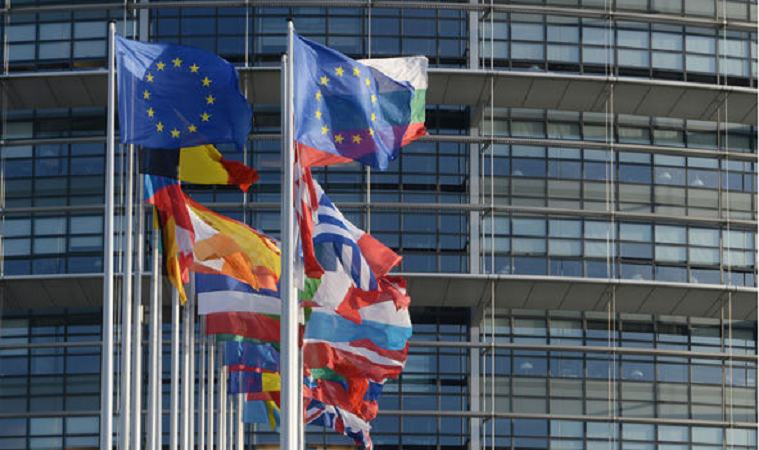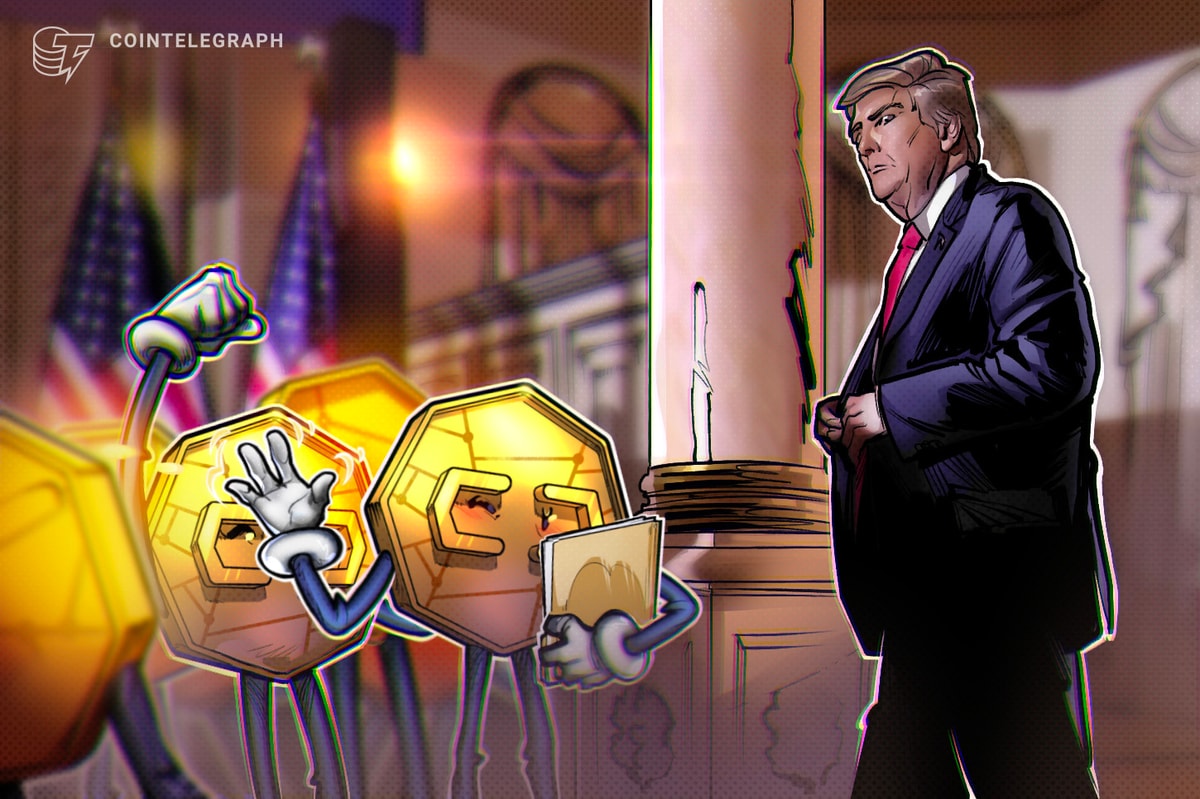EU Weighs New Rules Linking Chinese Investments to Technology Transfers


The European Union is exploring the introduction of new preconditions for Chinese companies seeking to invest in Europe, including mandatory technology and know-how transfers, in a move that signals a major shift in the bloc’s economic security posture.
The proposal, still under discussion, is part of a broader debate on how the EU should respond to Beijing’s expanding footprint in critical industries and technology supply chains.
At a meeting of EU trade ministers in Denmark on Tuesday, senior officials, including European Trade Commissioner Maros Sefcovic and Danish Foreign Minister Lars Rasmussen, indicated that the bloc could no longer afford to remain passive in an era where economic power increasingly dictates geopolitical leverage. The talks, held under Denmark’s rotating presidency of the EU Council, come as the European Commission prepares to publish a comprehensive paper by year’s end outlining new principles for managing economic security and foreign investment risks.
Register for Tekedia Mini-MBA edition 18 (Sep 15 – Dec 6, 2025): registration continues.
Tekedia AI in Business Masterclass opens registrations.
Join Tekedia Capital Syndicate and co-invest in great global startups.
Register for Tekedia AI Lab: From Technical Design to Deployment.
Rasmussen, addressing a news conference after the meeting, said the EU had long operated under the assumption that open markets and adherence to international trade rules would deliver mutual benefit. However, he said the experience of recent years — particularly Europe’s growing dependence on Chinese inputs for green technologies, telecommunications, and critical minerals — had prompted a rethinking of that approach.
“If we invite Chinese investments to Europe, it must come with the precondition that we also have some kind of technology transfer. I don’t think we have completed that discussion, but we find ourselves in new circumstances,” Rasmussen said.
His comments echo growing sentiment across the bloc that Europe should take cues from both Washington and Beijing in balancing openness with strategic caution. The United States, under President Donald Trump, has pushed allies to adopt stronger measures against China’s industrial expansion, while Beijing itself has long made technology transfer a prerequisite for foreign companies operating in China.

The European Commission’s forthcoming economic security strategy is expected to recommend stricter scrutiny of inbound investments, especially in sectors like artificial intelligence, semiconductors, quantum computing, and renewable energy — industries viewed as strategic for Europe’s technological sovereignty.
For years, European businesses entering the Chinese market have been required to share proprietary technology or establish joint ventures with local firms as a condition for market access. While these practices helped China leapfrog in several high-tech sectors, European policymakers have increasingly viewed them as a form of coerced transfer that undermines the bloc’s competitiveness.
Commissioner Sefcovic told reporters that the EU continues to welcome foreign investment, including from China, but that these investments must be “real investments.” By this, he meant, the EU meant ventures that not only inject capital but also create jobs, transfer intellectual property, and strengthen Europe’s innovation capacity — “as European companies have been doing when they’ve been investing in China.”

Sefcovic confirmed that many ministers had raised the issue of reciprocity during the meeting, emphasizing the need for equal treatment.
The shift in tone from Brussels underscores how the bloc’s approach to economic relations with China is hardening, even as it stops short of adopting the confrontational stance seen in Washington. Over the past year, the European Commission has launched a series of investigations targeting Chinese subsidies in electric vehicles, wind turbines, and solar equipment, arguing that such state support distorts competition and threatens Europe’s industrial base.
In Beijing, the proposed move drew swift criticism. Chinese Foreign Ministry spokesperson Lin Jian said on Wednesday that China “opposes forced technology transfer and protectionist and discriminatory practices in the name of enhancing competitiveness.” He added that Beijing expected the EU to adhere to the principles of free trade and create a “non-discriminatory environment” for Chinese companies.
Analysts say the exchange reflects an emerging fault line between Europe’s economic openness and its growing security concerns. For much of the past two decades, the EU viewed China as both a vital trade partner and a competitor. That relationship has now evolved into what Brussels calls a “systemic rivalry,” particularly in the race for control over clean energy technologies, rare earths, and next-generation manufacturing.
The timing of the EU’s renewed scrutiny is notable. As the bloc races to accelerate its green and digital transitions, it remains heavily reliant on Chinese imports for key components such as batteries, solar panels, and electric vehicle parts. Policymakers fear that without safeguards, Europe could replicate the vulnerabilities exposed during the COVID-19 pandemic, when supply chain disruptions left many industries paralyzed.
Rasmussen hinted that the EU’s evolving policy might take inspiration from the United States’ Inflation Reduction Act, which ties subsidies for clean technologies to local content and domestic production.
Still, the proposed measures are likely to stir debate within the EU, where opinions diverge sharply over how to handle China. Germany and France, the bloc’s two largest economies, have both signaled support for stronger investment screening but are cautious about imposing blanket requirements that could deter capital inflows. Smaller states, including Denmark and the Netherlands, have argued for a more assertive approach to reduce strategic dependencies.
Sefcovic said the European Commission would now consolidate the ministers’ input and work toward translating the discussion into “concrete principles and proposals.” These would later be debated by member states before potential adoption in 2026.
While details remain sparse, the emerging framework could mark a turning point in Europe’s economic relationship with China. If implemented, it would represent the first time the EU explicitly ties foreign investment approvals to technology-sharing requirements — a reversal of decades of liberal trade orthodoxy.





